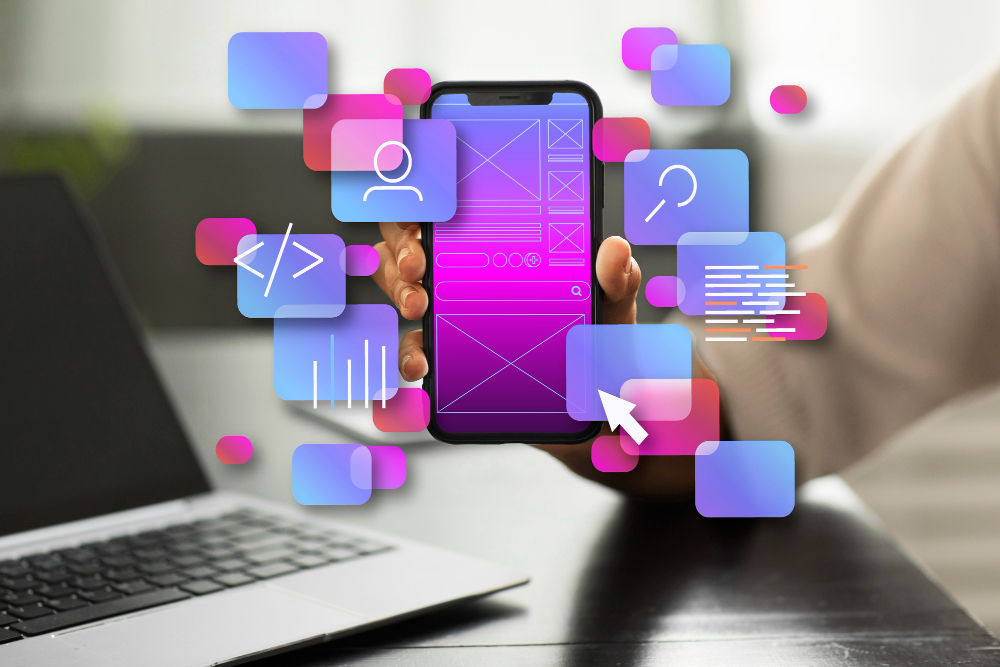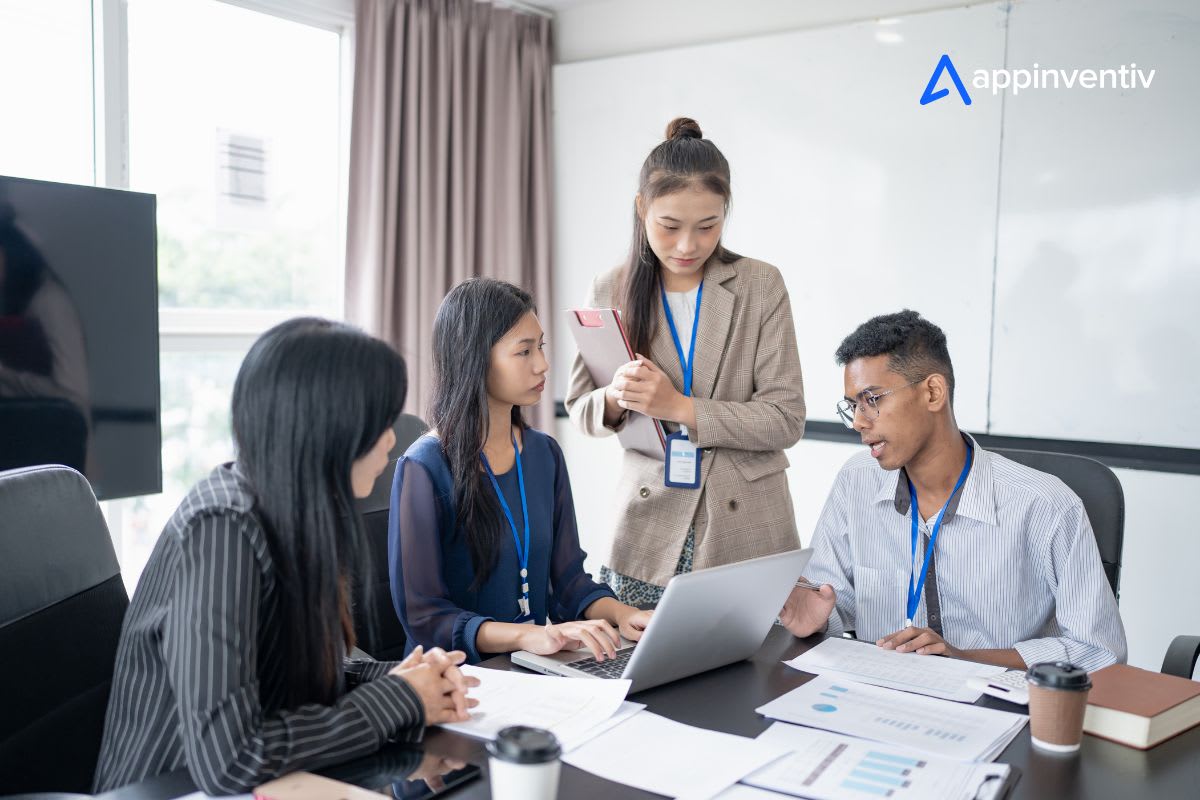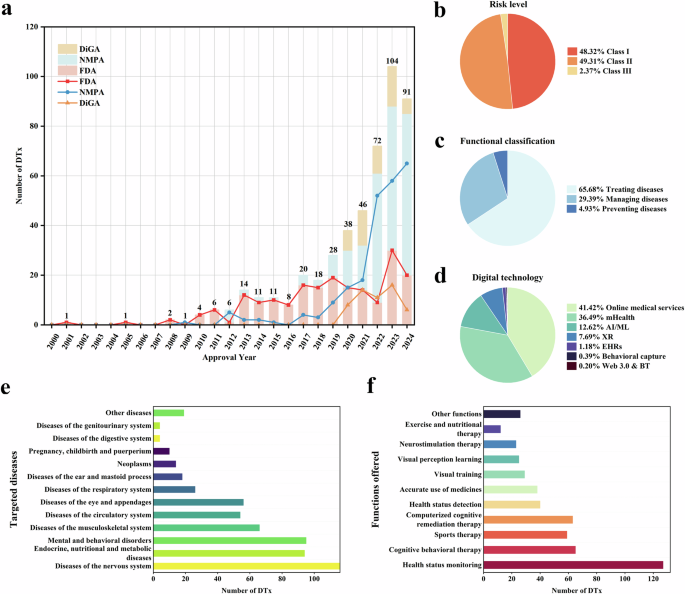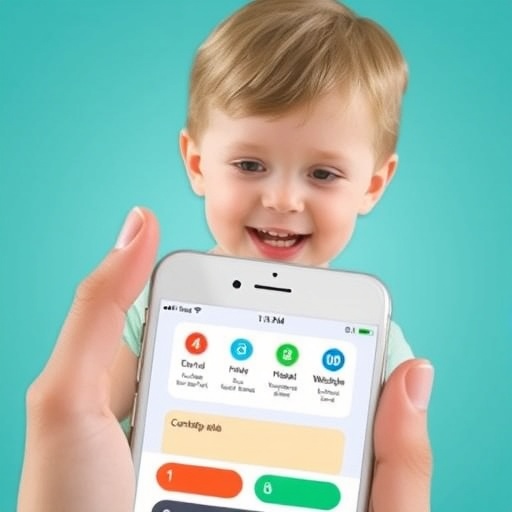Maximising mobile health tech for ADHD care

Researchers at Flinders University have introduced a mobile application that helps persons with attention deficit hyperactivity disorder to self-manage their condition.
Developed by their partner, Adelaide-based digital health company goAct, the prototype app provides short targeted questions at random times, psychoeducation tools, and treatment advice.
A companion clinical dashboard allows care teams to track their patient’s conditions in near real-time and evaluate them across eight domains: impulsivity or hyperactivity, focus, anxiety, stress, mood, sleep and energy, confidence and relationships.
WHY IT MATTERS
In a study published in the International Journal of Environmental Research and Public Health, the research team tested their mobile app on 15 participants (mental health practitioners and patients) to identify barriers and enablers of such digital innovation in ADHD care.
“Although the awareness of adult ADHD has increased over time, many barriers persist and many go undiagnosed while only about one in four people who do receive a diagnosis receive treatment,” they said. These barriers include delayed diagnosis; lack of readily available, authoritative information about ADHD; concerns over clinical validation, entities behind the digital application; and digital security and practicality of consistent data gathering.
Meanwhile, digital tools that complement ADHD care are enabled by transparent and secure privacy protection and data security; inclusive language, diagnostic validation, and clear clinical pathways; customisation options to accommodate diverse needs; access support, particularly for those with social anxiety; and visually appealing and simple interface design.
MARKET SNAPSHOT
Based on the most recent data, there are around 140 million cases of childhood-onset ADHD and over 360 million cases of symptomatic adult ADHD worldwide.
Some digital innovations in managing this condition have come out in recent years. Inflow, a London-based startup, has developed a mobile app that uses Cognitive Behavioural Therapy strategies to enable ADHD patients to self-manage their condition.
Singapore’s Institute of Mental Health and local startup Neeuro also came up with a game-based digital therapeutic programme to address inattentiveness in children aged 6-12 years.
ON THE RECORD
In a statement, Niranjan Bidargaddi, professor of Digital Health at Flinders and co-director of Flinders Digital Health Research Centre, said digital health tools such as their mobile app for self-monitoring can “significantly enhance future ADHD care services by providing more accessible assessment and treatment pathways and actively involve consumers in their mental health care plan.”
link






